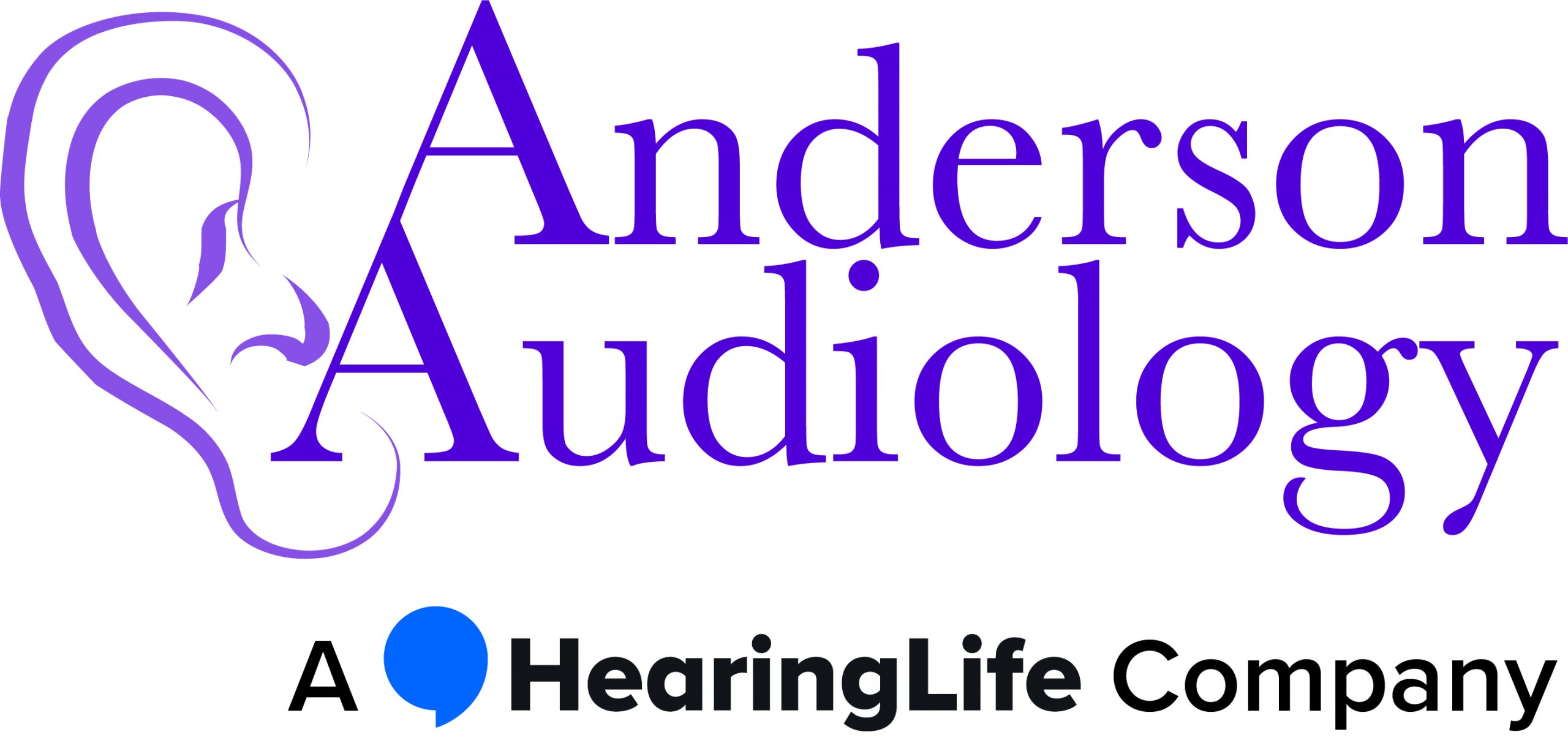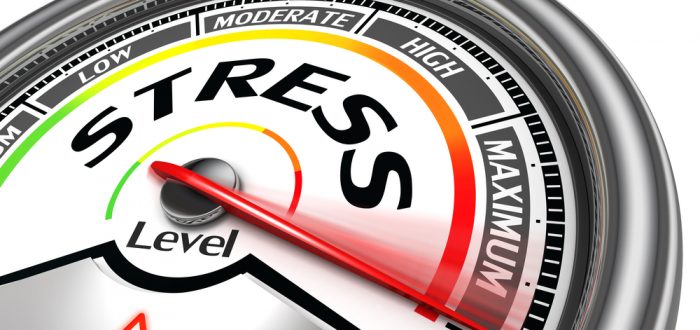Stress is very common, especially in the United States. According to Gallup’s 2021 data on workplace states, more than half of the population in the U.S. experience stress on a regular basis, and compared to other countries, Americans experience up to 20% more stress than other nations.
It’s not surprising that since the pandemic, overall stress has increased for many Americans. Statistics show that over 80% of us are stressed about the future.
Most of us know that stress tends to affect us negatively, but on a biological level, however, it’s not this black and white.
Stress is an entirely natural response, and a part of life. It’s our body’s way of reacting to a situation that requires adaptation or action. Certain forms of stress are actually good for us – exercise, for example.
Stress is a natural part of life. Between family, job, and social obligations, it’s not uncommon to feel overwhelmed. Stress can impact your health in very profound ways, including impacting your hearing. Being mindful of the degree and duration of stress is an important way to monitor your overall health.
Acute vs. Long-term Stress
During acute stress responses, your heart rate and breathing may increase as a result of your adrenaline flowing. After the threat triggering this “fight or flight” response is neutralized, the body typically returns to neutral to recover from the surge of adrenaline.
However, there are times when stress continues for an extended period, thereby causing the body to keep releasing adrenaline without much (or any) rest and recovery time. This type of long-term stress is harmful to your health and can affect your immune, digestive, sleep, and reproductive systems.
The National Institute of Mental Health warns that long term stress can impact your health. Stress causes a physiological response in our bodies, including:
- Increased heart rate
- Increased breathing rate
- Release of the stress hormone
Unlike with a short-term burst of stress (like exercise), long-term stress doesn’t turn off these stress responses. This prolonged stress can affect your immune system, sleep patterns, digestive system, and more.
If left unchecked, over a longer period of time this can lead to more serious health conditions, such as heart disease, diabetes, or blood pressure. It may even impact your hearing.
Can Stress Cause Hearing Loss?
Stress is often not an isolated condition. Its interrelationship with heart disease, high blood pressure, diabetes, and smoking can have significant health consequences. These conditions impact and restrict your circulation, which in turn can affect your hearing.
The small sensory hairs of your inner ear need good blood circulation to survive and thrive in doing their job of interpreting sound. With poor circulation, these inner ear hairs can be damaged or die and result in hearing loss.
Stress and Tinnitus
Stress can also have further impacts on your auditory system. In some situations, stress can trigger tinnitus. Also known as “ringing in the ears,” tinnitus is the perception of sounds that are not coming from outside your body. People often report hearing buzzing, ringing, hissing or clicking.
Long-term stress can increase our blood pressure. In turn, high blood pressure can lead to pulsatile tinnitus.
How to Reduce Your Stress Levels
More stress causes more health complications. Therefore, proactively managing stress is a crucial way to protect yourself.
Below are tips from the National Institute of Mental Health to help reduce your stress levels:
- Exercise regularly. Maintaining a regular flow of physical activity boosts cardiovascular health. Commit to even 15-20 minutes a day of getting your heart pumping and worry less about your heart health.
- Talk to someone. Finding a therapist or counselor to talk to during difficult periods can be a big help to reduce and process stress.
- Get a checkup. Visit your doctor, naturopath, or other healthcare professional to get a clearer picture of the impact stress is having on your body. They may be able to prescribe additional medications, supplements, or strategies to help your body recover.
- Get your hearing checked. If you’ve noticed a change in your hearing or have concerns about circulatory conditions, book an assessment with your hearing healthcare professional.
Don’t let hearing loss add to your stress burden. Stay on top of your hearing health with regular hearing assessments. Contact the hearing healthcare specialists at Anderson Audiology to book an appointment. Call us today on 702-997-2964. Alternatively, click here to request an appointment online.

